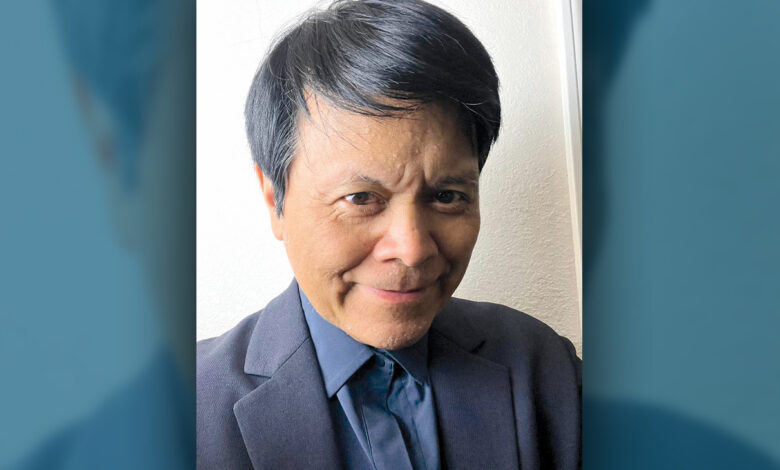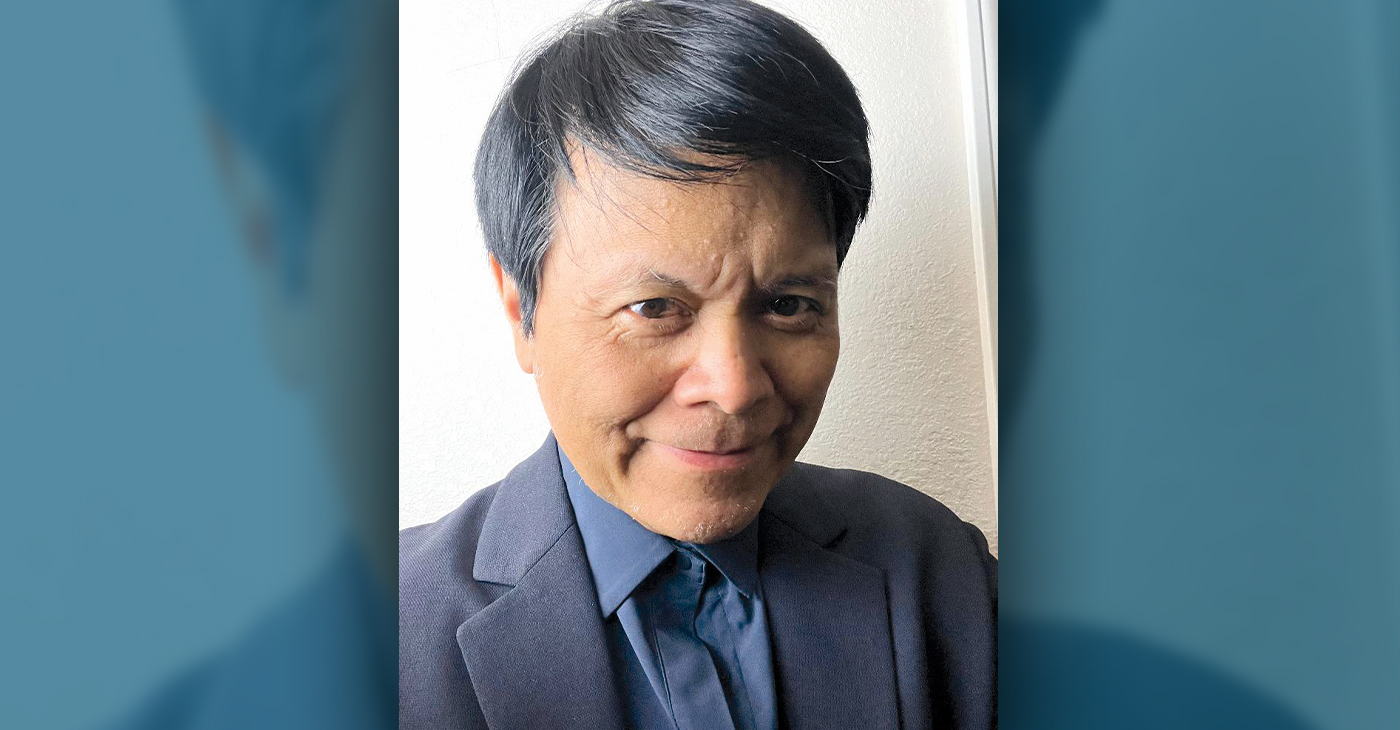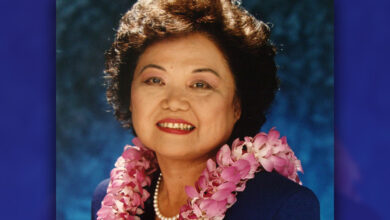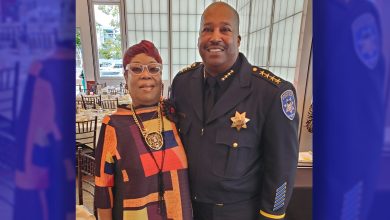Don’t Kid Yourself, History and Racism Are Traumatic

By Emil Guillermo
“Emil Amok: Lost NPR Host…,” the one-man show I’m doing at Under St. Marks Theater in New York City until March 4, wasn’t really intended as a history show.
But it has turned into that.
I talk about how Filipino Americans continue to overcome the legacy of being America’s first colony in 1898. The U.S. had 13 original colonies, I guess the country just felt the need to have a colony of its own in order to feel its own oppressive power. The impact has lasted with Filipino’s “colonial mentality.”
I also point out how a pattern emerges between African American history and Asian American Filipino history. Filipinos weren’t enslaved, but as colonized people the tens of thousands who came as laborers were convenient replacements to come and work the agricultural fields of California.
There’s not much difference between how Filipino colonials were treated compared with Blacks post-slavery. Filipinos, like Blacks, couldn’t be citizens, couldn’t intermarry, couldn’t own land, couldn’t vote.
But Filipinos had that designation, “American National,” special class, second class, colonized. As non-citizens, the U.S. owned us and considered us “wards of the state.”
As I prepared for my show looking at our collective BIPOC history, it’s incredible how much AAPIs in particular have had to endure. Model minority?
Not if you look throughout Asian American history, from the Chinese Exclusion Act of 1882 to Filipino colonialism, to incarceration of Japanese Americans during World War II. (Incidentally, the 82nd anniversary of President Franklin Delano Roosevelt’s signing of Executive Order 9066, that rounded up 120,000 Japanese Americans was this past Sunday).
There’s so much history of discrimination to ponder among all BIPOC communities that if you are a member and think it’s taken a toll on your brain, as well as your entire body, you’re right.
Richard Sima, a neuroscientist and science journalist at the Washington Post, writes:
“Experiences of racial discrimination are consistently linked with mental health issues such as depression, anxiety, substance use and PTSD, as well as physical ailments such as diabetes, hypertension and obesity. Black Americans, for instance, are about twice as likely as white Americans to develop dementia.”
Sima says that over the long term, racism accelerates aging and degrades the parts of the brain that deal with emotion and cognition.
“This is not an effect of race,” Nathaniel Harnett, neuroscientist at McLean Hospital and an assistant professor of psychiatry at Harvard Medical School, told Sima. “It is an effect of the burdens we place on racial groups.”
The problems really kick in personally when the trauma we experience from race is invalidated or questioned.
How many times do people tell you, “That’s not racism.” Or, “It’s in your head.” Or “You’re imagining things.”
Chances are you’re not imagining things.
But that’s the problem. The self-doubt leads to “individual invalidation” and the struggle over self-worth.
And either we think about it, get vigilant, and struggle to overcome.
Or, we get crushed by it, run out of resources and get overcome as we try to manage the constancy of racism in our everyday experience. When we can’t deal with it all in a timely manner, racism increasingly becomes a mental health issue.
More and more studies are showing the overall impact of race discrimination is a “wear and tear” on the body with neuroimaging data showing a degrading in the brain’s gray and white matter.
The remedy? For some, simply slowing down and seeking mindfulness training can help. For
others, talking to a therapist, or more, may be needed.
There should be nothing wrong with seeking help. But too often, seeking help is either seen as a weakness or a flaw that people would rather not admit to in public.
I choose to do a one-man show about being Filipino in America. It’s not therapy. But it’s entertaining. You don’t have to be in New York, get a live stream ticket and see the show from your home.
Get tickets here: https://www.frigid.nyc/event/6897:338/
Emil Guillermo is a veteran award-winning journalist, commentator, and stage performer. See his vlog at www.amok.com
The post Don’t Kid Yourself, History and Racism Are Traumatic first appeared on Post News Group.





